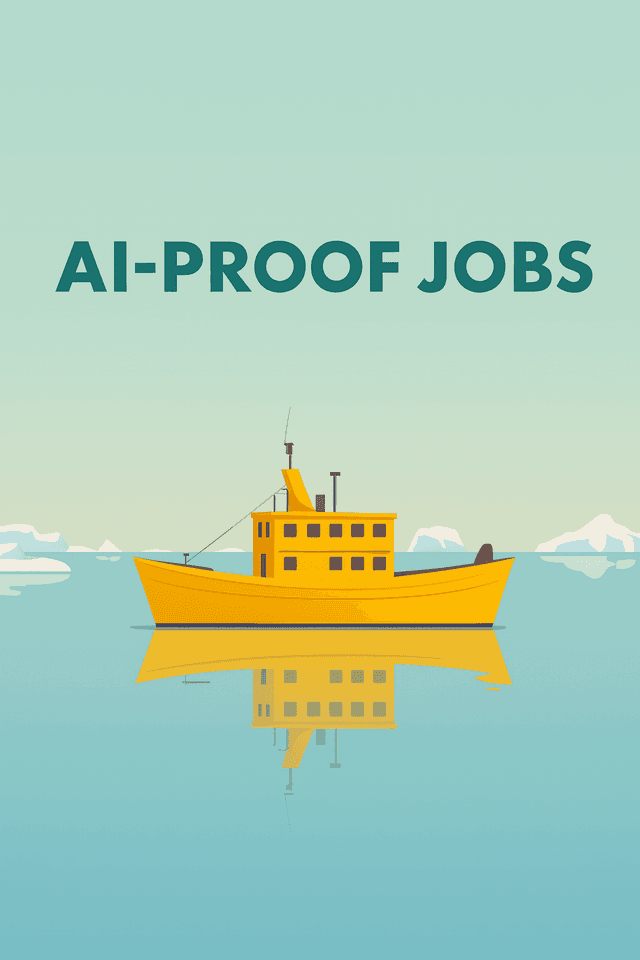
AI-Proof Jobs: Future-Proof Careers Safe from Automation
Are robots really coming for all the jobs? If you’re worried about artificial intelligence (AI) replacing your career, you’re not alone. Surveys show over half of U.S. workers are concerned about AI’s impact on their jobs . And it’s true that AI is set to shake up the workforce – one report estimates 30% of current U.S. jobs could be fully automated by 2030 . But here’s the good news: not all jobs are equally at risk. In fact, there are many “AI-proof jobs” – careers safe from automation – that thrive on uniquely human skills. In this guide, we’ll explore future-proof careers and why jobs AI can’t replace often share common traits. We’ll highlight specific roles and industries considered resistant to automation (especially relevant to the U.S. job market), explain why they’re safe, and offer tips on how to future-proof your own career. Let’s dive in with a supportive, realistic look at the working world in the age of AI.
What Makes a Job “AI-Proof”?
AI excels at repetitive, data-driven tasks that follow clear patterns. However, it struggles with tasks that require the human touch. As one career guide puts it, “Jobs that require human empathy, creativity, and decision-making often lie beyond the capabilities of machines.” Fields like healthcare, education, and the arts rely on complex human interactions that technology can’t replicate . In short, the more a job centers on human connection, unpredictability, or creativity, the safer it is from automation. The more effort, intuition, and personal insight a role demands, the lower its automation risk .
Key Skills and Traits That Make a Job AI-Proof:
Emotional Intelligence & Empathy: Roles that involve caring for people, understanding emotions, or building relationships (e.g. therapists, nurses, social workers, sales) leverage compassion and interpersonal skills that AI simply can’t mimic .
Creative and Strategic Thinking: Jobs requiring original ideas, artistic talent, or complex problem-solving (e.g. writers, designers, marketing strategists) stay “human-only” because AI, while helpful, lacks true creativity and judgment .
Physical Dexterity in Unpredictable Environments: Occupations involving hands-on work and on-the-spot adaptability (e.g. electricians, plumbers, mechanics, construction) remain hard to automate. Robots and AI have trouble handling the varied, real-world conditions these jobs face .
Leadership & High-Level Decision Making: Managing teams, making ethical decisions, and guiding organizations require human judgment, context, and accountability. AI can analyze data but can’t replace human leaders (think executives, project managers, judges, policymakers) who navigate ambiguity and earn trust.
Jobs that Work with AI, Not Against It: Paradoxically, careers building or overseeing AI are among the most secure. AI can’t replace the people who design, program, and maintain it. (In fact, employers are hiring for AI-related skills .) Positions like machine learning engineers, software developers, data scientists, and AI ethicists will continue to be in high demand to ensure AI systems function properly .
Ready to find your perfect career?
Get personalized career recommendations based on your unique personality


